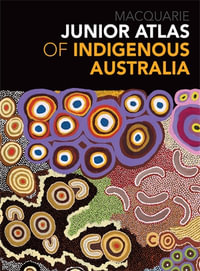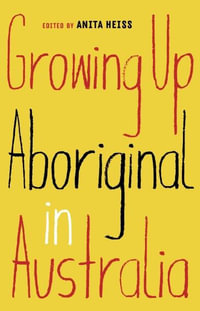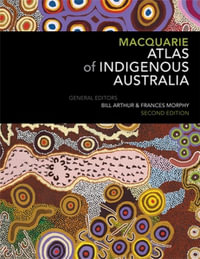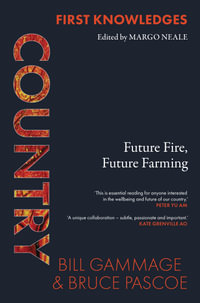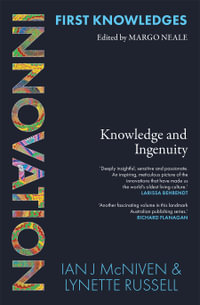Under martial law during World War II, Hawaiʻi was located at the intersection of "home front" and "war front." In Settler Militarism, Juliet Nebolon shows how settler colonialism and militarization simultaneously perpetuated, legitimated, and concealed one another in wartime Hawaiʻi for the purposes of empire building in Asia and the Pacific Islands. She demonstrates how settler militarism operated through a regime of racial liberal biopolitics that purported to protect all people in Hawaiʻi even as it intensified the racial and colonial differentiation of Kanaka Maoli, Asian settlers, and white settlers. Nebolon identifies settler militarism's inherent contradiction: it depends on life, labor, and land to reproduce itself, yet it avariciously consumes those same lives and natural resources that it needs to subsist via violent and extractive projects. From vaccination and blood bank programs to the administration of internment and prisoner of war camps, Nebolon reveals how settler militarism and racial liberal biopolitics operated together in the service of capitalism. Collectively, the social reproduction of these regimes created the conditions for the late-twentieth-century expansion of US military empire.
Industry Reviews
"Settler Militarism is a timely and urgently needed analysis of settler-colonial governance and US militarism. Juliet Nebolon adeptly theorizes 'settler militarism' as a confluence of biopolitical regimes, racialized social reproduction, wartime pedagogies, and colonial-military spatial practices deployed in the name of national security to justify Native Hawaiian land dispossession. This book is a vital and invaluable contribution to key discussions and debates within settler colonial studies, Native American and Indigenous studies, American studies, and histories of US imperial militarism." -- Alyosha Goldstein, author of * Poverty in Common: The Politics of Community Action During the American Century *
"Juliet Nebolon draws from a deep archival well to theorize a regime of biopolitical governance in Hawai'i that flexibly utilizes a varied repertoire of 'life-giving' that camouflages the economy of death at its core. Ultimately, Nebolon demonstrates that the settler militarist project is driven by control and occupation over land and territory and the beings that inhabit it. Illuminating wartime Hawai'i with analytical sophistication and care, Settler Militarism will enrich the fields of Asian American and American studies." -- Vernadette Vicuna Gonzalez, author of * Securing Paradise: Tourism and Militarism in Hawai'i and the Philippines *



